When you demand maximum strength and durability from your wheels, forged wheels stand out as the ultimate choice. Their superior strength-to-weight ratio, achieved through advanced manufacturing and precision engineering, makes them indispensable for high-performance vehicles. Leading brands like Porsche and Ferrari rely on forged wheels for their unmatched durability and aesthetic appeal.
On the other hand, flow formed wheels strike an excellent balance between performance and cost. They are 15% to 25% lighter than traditional cast wheels while being significantly stronger. This lightweight design enhances handling and efficiency, making flow formed wheels an ideal option for drivers looking for affordability without compromising quality. Choosing the right wheels ultimately depends on your driving needs and priorities. Whether you prioritize strength or cost-effectiveness, understanding the forged vs flow formed wheels durability test results can guide your decision.
Key Takeaways
-
Forged wheels are very strong and last a long time. They are great for fast cars and tough conditions.
-
Flow formed wheels are cheaper but still work well. They are good for daily driving and save money.
-
Knowing how wheels are made helps you pick the best one. Forged wheels are stronger, while flow formed wheels are lighter and cost less.
-
Think about how and where you drive. Forged wheels are great for racing and carrying heavy stuff. Flow formed wheels are better for normal driving and going to work or school.
-
Buying good wheels can save you money later. Forged wheels need less fixing, and flow formed wheels are a smart choice for everyday use.
Forged vs Flow Formed Wheels Durability Test
Manufacturing Processes and Their Impact
The manufacturing process plays a critical role in determining the performance and durability of wheels. Forged wheels undergo the wheel forging process, where aluminum is subjected to extreme heat and pressure. This process refines the grain structure of the material, resulting in a denser and stronger wheel. The refined grain structure enhances the wheel’s ability to withstand high loads, making it ideal for high-performance applications. In contrast, flow formed wheels are produced by applying pressure to a cast wheel while it is spun at high speeds. This technique stretches and compresses the material, improving its strength and reducing weight compared to traditional cast wheels.
Improvements in manufacturing processes have significantly impacted wheel performance. For instance, the use of the DMAIC method in aluminum alloy wheel production has led to a notable increase in process capability, from 0.81 to 1.46. This improvement not only enhances performance but also reduces defect rates, cutting costs and ensuring higher safety standards. These advancements highlight the importance of precise manufacturing in achieving optimal durability and safety for both forged and flow formed wheels.
Structural Integrity and Resistance to Stress
When it comes to structural integrity, forged wheels excel due to their superior grain structure. The forging process aligns the metal’s internal structure, creating a wheel that can endure extreme stress without compromising safety. This makes forged wheels a preferred choice for high-performance vehicles that demand maximum reliability under intense conditions. Their ability to handle heavy loads without deformation ensures a higher safety factor, even in the most demanding environments.
Flow formed wheels, while not as strong as forged wheels, still offer impressive resistance to stress. The flow forming process enhances the wheel’s tensile strength, allowing it to handle moderate loads effectively. This makes flow formed wheels a practical option for daily drivers who prioritize a balance between performance and cost. However, they may not provide the same level of structural integrity as forged wheels in high-stress scenarios, such as racing or off-road applications.
Long-Term Durability in Real-World Conditions
Durability in real-world conditions depends on how well a wheel can withstand daily wear and tear, as well as extreme situations. Forged wheels, with their robust construction, offer unmatched long-term durability. Their ability to resist cracks, bends, and other forms of damage ensures consistent performance over time. This makes them a reliable choice for drivers who prioritize safety and longevity, especially in high-stress environments.
Flow formed wheels, while not as durable as forged wheels, still perform admirably in everyday conditions. Their lightweight design reduces strain on suspension components, contributing to improved fuel efficiency and handling. However, they may be more susceptible to damage from severe impacts or heavy loads. Regular maintenance and proper usage can help extend their lifespan, making them a cost-effective option for casual drivers.
Tip: If you frequently drive in harsh conditions or carry heavy loads, consider investing in forged wheels for their superior durability and safety. For lighter, everyday use, flow formed wheels provide a practical and affordable alternative.
Performance Benefits of Forged and Flow Formed Wheels
Weight and Its Effect on Handling
The weight of your wheels significantly impacts your vehicle’s handling and overall performance. Lighter wheels reduce unsprung mass, which improves suspension responsiveness and allows your car to maintain better contact with the road. Forged wheels excel in this area due to their lightweight yet strong construction. By using advanced forging techniques, manufacturers create wheels that are both durable and exceptionally light, enhancing your vehicle’s agility and cornering precision.
Flow formed wheels also offer weight advantages over traditional cast wheels. The flow forming process stretches and compresses the material, reducing weight while maintaining structural integrity. Although they are slightly heavier than forged wheels, they still provide noticeable improvements in handling compared to cast alternatives. For example, magnesium alloy wheels, often used in performance applications, exhibit a displacement of 4.061 mm under stress, indicating reduced handling performance. In contrast, steel alloy wheels show a displacement of only 0.275 mm, demonstrating superior handling characteristics. This data highlights the importance of material choice and manufacturing techniques in optimizing wheel performance.
Note: When selecting wheels, consider how weight affects your driving style. Lighter wheels enhance handling and responsiveness, making them ideal for performance enthusiasts.
Acceleration, Braking, and Driving Dynamics
Wheel weight also influences acceleration and braking performance. Lighter wheels reduce rotational inertia, allowing your car to accelerate more quickly and brake more efficiently. Forged wheels, with their superior strength-to-weight ratio, provide a distinct advantage in this regard. Their reduced mass minimizes the energy required to rotate the wheels, resulting in quicker acceleration and shorter braking distances. This makes forged wheels a popular choice for high-performance vehicles where every millisecond counts.
Flow formed wheels, while not as light as forged options, still offer significant improvements over traditional cast wheels. Their reduced weight enhances driving dynamics, providing a smoother and more controlled driving experience. Whether you’re navigating tight corners or cruising on the highway, flow formed wheels deliver a balance of performance and affordability that appeals to many drivers.
Durability Under High-Performance and Everyday Use
Durability is a critical factor when evaluating performance wheels. Forged wheels are renowned for their exceptional strength and resistance to damage. Their dense grain structure, achieved through the forging process, allows them to withstand the rigors of high-performance driving and extreme conditions. Whether you’re racing on the track or tackling rough terrain, forged wheels provide the reliability and durability you need.
Flow formed wheels, while not as robust as forged options, still offer impressive durability for everyday use. Their enhanced tensile strength makes them suitable for a wide range of driving conditions, from daily commutes to spirited weekend drives. However, they may be more prone to damage under extreme stress, such as heavy impacts or high-speed racing. Regular maintenance and proper care can help extend their lifespan, ensuring consistent performance over time.
Tip: If you frequently push your vehicle to its limits, forged wheels are the best choice for their unmatched durability. For everyday driving, flow formed wheels offer a cost-effective solution without compromising too much on performance.
Strength and Durability Comparison
Forged Wheels: Superior Strength and Grain Structure
Forged wheels stand out for their exceptional strength and durability. The forging process compresses the aluminum under extreme pressure, aligning its grain structure. This alignment creates a denser and more robust material, allowing the wheels to withstand high stress without cracking or deforming. You can rely on forged wheels to maintain their integrity even in the most demanding conditions, such as high-speed racing or off-road adventures. Their superior strength-to-weight ratio also contributes to better handling and performance, making them a top choice for performance enthusiasts.
The dense grain structure of forged wheels not only enhances their strength but also improves wheel longevity. This means you can expect them to last longer, even with frequent use in challenging environments. If you prioritize maximum strength and durability, forged wheels are an investment worth considering.
Flow Formed Wheels: Balancing Strength and Cost
Flow formed wheels offer an excellent balance between strength and cost. The flow forming process stretches and compresses the material, enhancing its tensile strength while reducing weight. Although not as strong as forged wheels, flow formed wheels provide sufficient durability for everyday use and moderate performance applications. They are a practical choice for drivers seeking improved performance without the high cost of forged wheels.
The cost-benefit analysis of flow formed wheels highlights their appeal. Here’s a breakdown:
|
Factor |
Description |
|---|---|
|
Lightweighting |
Demand for lighter wheels driven by fuel efficiency and vehicle performance. |
|
Enhanced Strength |
Superior strength-to-weight ratio compared to cast wheels for safety. |
|
Cost-Effectiveness |
Good balance between cost and performance compared to forging. |
|
Technological Advancements |
Continuous improvements in technology enhance wheel quality and design. |
|
Growing Automotive Market |
Sustained growth in the automotive industry increases demand for wheels. |
This combination of affordability and performance makes flow formed wheels a popular option for casual drivers and enthusiasts alike.
Resistance to Impact and Extreme Conditions
When it comes to resisting impact and extreme conditions, forged wheels lead the pack. Their dense grain structure allows them to absorb shocks and handle heavy loads without bending or cracking. Whether you’re navigating rough terrain or pushing your car to its limits on the track, forged wheels deliver unmatched reliability.
Flow formed wheels, while not as robust, still perform well under normal driving conditions. Their enhanced tensile strength provides decent resistance to minor impacts and everyday wear. However, they may be more susceptible to damage in extreme scenarios, such as high-speed collisions or off-road challenges. Proper maintenance and mindful usage can help you maximize their lifespan and performance.
Tip: If you frequently encounter harsh driving conditions, forged wheels are your best bet for strength and durability. For lighter, everyday use, flow formed wheels strike a good balance between cost and performance.
Cost and Value Analysis
Price Points and Affordability
When comparing forged wheels and flow formed wheels, pricing plays a significant role in your decision-making process. Forged wheels typically range from $3,000 to over $20,000, depending on the manufacturer and quality. Wheels made in the USA often cost more due to higher labor expenses and stricter quality control standards. In contrast, wheels manufactured in countries like China can cost 40% to 70% less, though they may compromise on quality control and raw material standards.
Flow formed wheels, on the other hand, offer a more budget-friendly alternative. They provide a balance between affordability and performance, making them an attractive option for drivers who want improved strength without the premium price tag of forged wheels. Here’s a quick breakdown of price ranges:
|
Price Range |
Description |
|---|---|
|
Low Range |
Affordable options for budget-conscious buyers. |
|
Mid Range |
Balanced quality at a moderate price. |
|
High Range |
Premium wheels for high-performance needs. |
Understanding these price points helps you align your choice with your budget and performance expectations.
Long-Term Value and Maintenance Costs
Investing in high-quality wheels can save you money in the long run. Forged wheels, known for their superior strength and durability, require less frequent replacement. Their resistance to cracks and deformation ensures consistent performance over time, reducing maintenance costs. While the initial investment may seem steep, the long-term value of the best forged wheels justifies the expense for performance enthusiasts.
Flow formed wheels, while more affordable upfront, may incur higher maintenance costs over time. Their lighter construction can reduce strain on your vehicle’s suspension, but they are more susceptible to damage under extreme conditions. Regular inspections and proper care can help extend their lifespan, making them a cost-effective choice for everyday use.
Tip: If you prioritize long-term savings and durability, forged wheels are a better investment. For casual driving, flow formed wheels offer a practical and affordable solution.
Investment for Performance Enthusiasts
For performance enthusiasts, investing in high-quality wheels is essential. The custom wheel aftermarket, valued at $1.32 billion before the pandemic, highlights the strong demand for premium wheels. Forged wheels, with their unmatched strength and lightweight design, deliver the performance edge you need for racing or high-speed driving. Their ability to withstand extreme stress makes them a top choice for sports cars and high-performance vehicles.
Flow formed wheels cater to a broader audience, including midrange cars, SUVs, and CUVs. These wheels provide a balance of performance and cost, appealing to drivers who want enhanced handling without breaking the bank. As the performance tire market continues to grow, the demand for both forged and flow formed wheels remains strong, offering options for every type of driver.
Note: Whether you’re a casual driver or a performance enthusiast, choosing the right wheels can elevate your driving experience and provide lasting value.
Suitability for Different Applications
High-Performance and Racing Needs
When it comes to high-performance applications, forged wheels are the gold standard. Their lightweight construction reduces unsprung weight, which improves handling and acceleration. This makes them ideal for racing scenarios where every millisecond counts. Additionally, their enhanced strength ensures durability under extreme conditions, such as high-speed cornering and sudden braking. These wheels also comply with stringent safety standards, providing reliability in demanding environments.
Flow formed wheels, while not as strong as forged options, still perform admirably in racing contexts. They are engineered for extreme performance, emphasizing lightweight materials and aerodynamic designs. This optimization enhances speed, traction, and cornering abilities, making them a cost-effective choice for amateur racers or track enthusiasts.
|
Benefit |
Description |
|---|---|
|
Lightweight Construction |
Reduces unsprung weight, enhancing handling and acceleration. |
|
Enhanced Strength |
Provides improved vehicle dynamics and durability under extreme conditions. |
|
Compliance with Safety Standards |
Ensures reliability and safety in high-performance and racing environments. |
Daily Driving and Street Use
For daily driving, flow formed wheels strike an excellent balance between performance and affordability. Their lightweight design reduces strain on your vehicle’s suspension, improving fuel efficiency and ride comfort. They also offer sufficient load bearing capacity for typical street use, making them a practical choice for most drivers.
Forged wheels, while more expensive, provide unmatched durability and strength. If you frequently encounter potholes or rough roads, their higher load capacity ensures they can withstand these challenges without bending or cracking. This makes them a worthwhile investment for drivers who prioritize safety and long-term value.
Tip: For daily commutes, flow formed wheels offer a cost-effective solution. However, if you want maximum durability, forged wheels are the better option.
Off-Road and Heavy-Duty Applications
Off-road and heavy-duty applications demand wheels that can handle extreme conditions. Forged wheels excel in this area due to their superior strength and resistance to impact. Their dense grain structure allows them to endure heavy loads and rough terrains without compromising performance. This makes them the preferred choice for off-road enthusiasts and vehicles used for towing or hauling.
Flow formed wheels, while not as robust, still provide decent durability for light off-road use. Their enhanced tensile strength allows them to handle moderate impacts and uneven surfaces. However, they may not perform as well under the intense stress of heavy-duty applications.
Note: If you need wheels for off-road adventures or heavy-duty tasks, forged wheels offer the reliability and strength required to tackle these challenges.
Choosing the right wheels depends on your driving needs and priorities. Forged wheels deliver unmatched strength and durability, making them ideal for high-stress environments and performance-focused drivers. Flow formed wheels, on the other hand, provide a cost-effective solution with improved strength and reduced weight, perfect for casual enthusiasts and daily use. Evaluate your vehicle type, driving style, and budget to determine the best option. Whether you prioritize maximum performance or affordability, understanding these differences ensures you make the right investment in 2025.


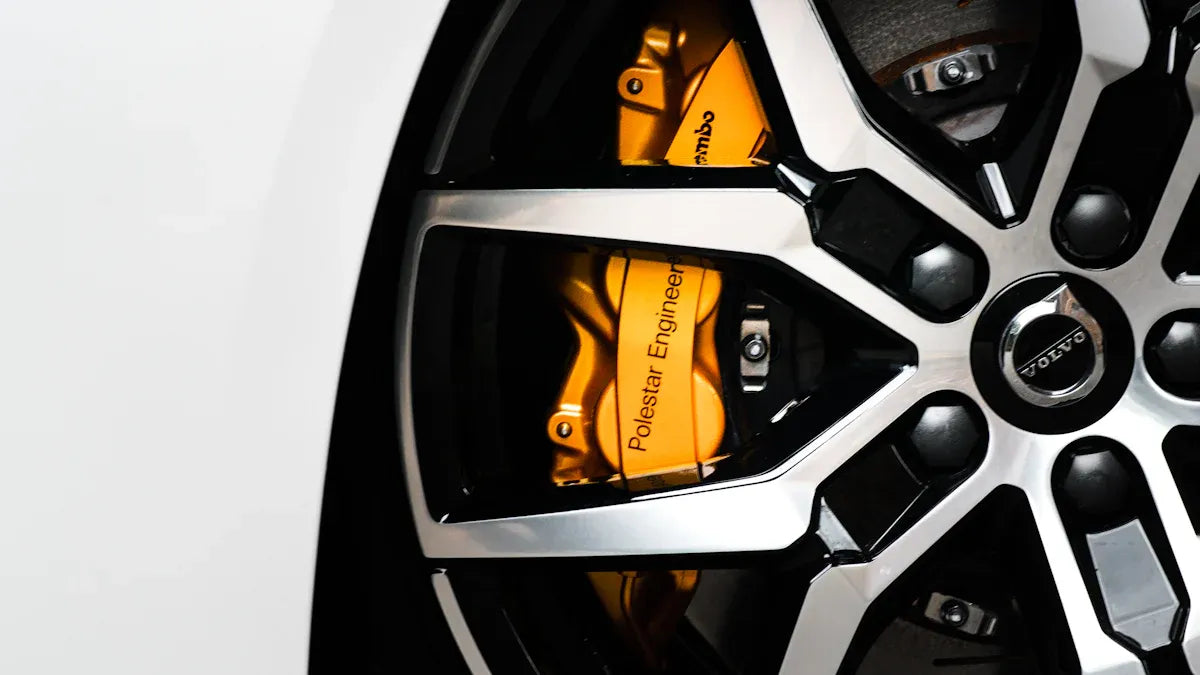
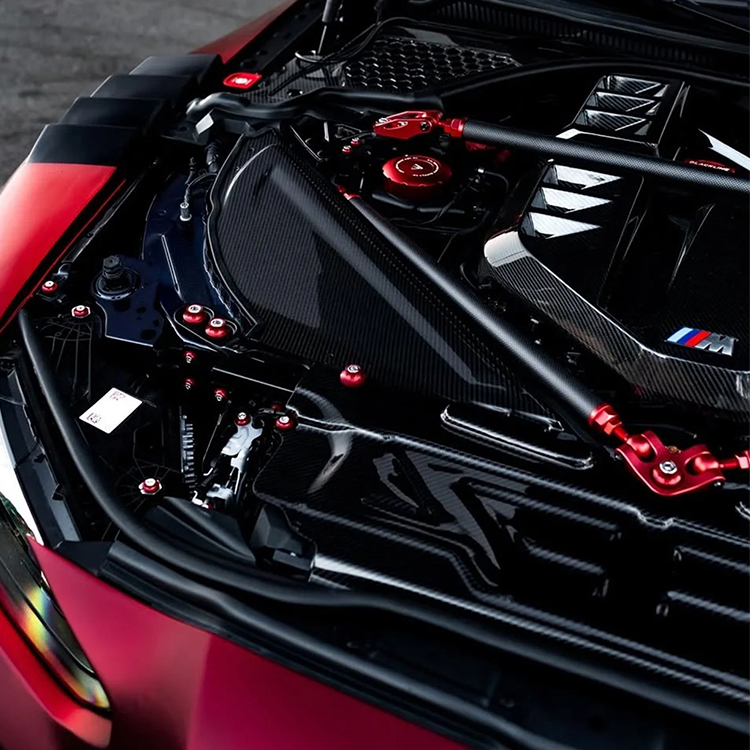
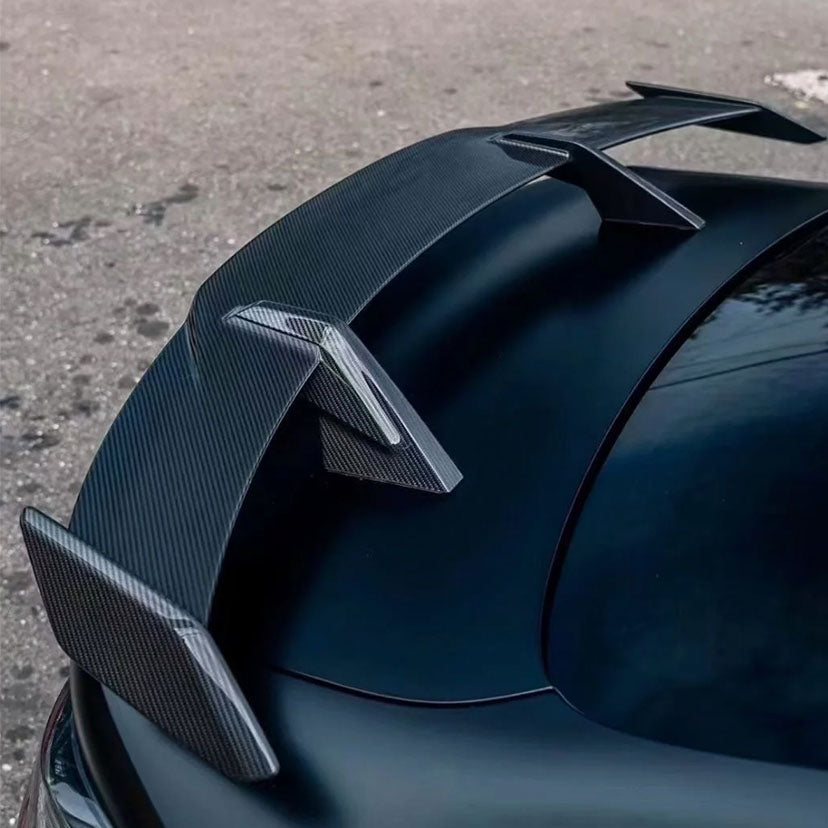
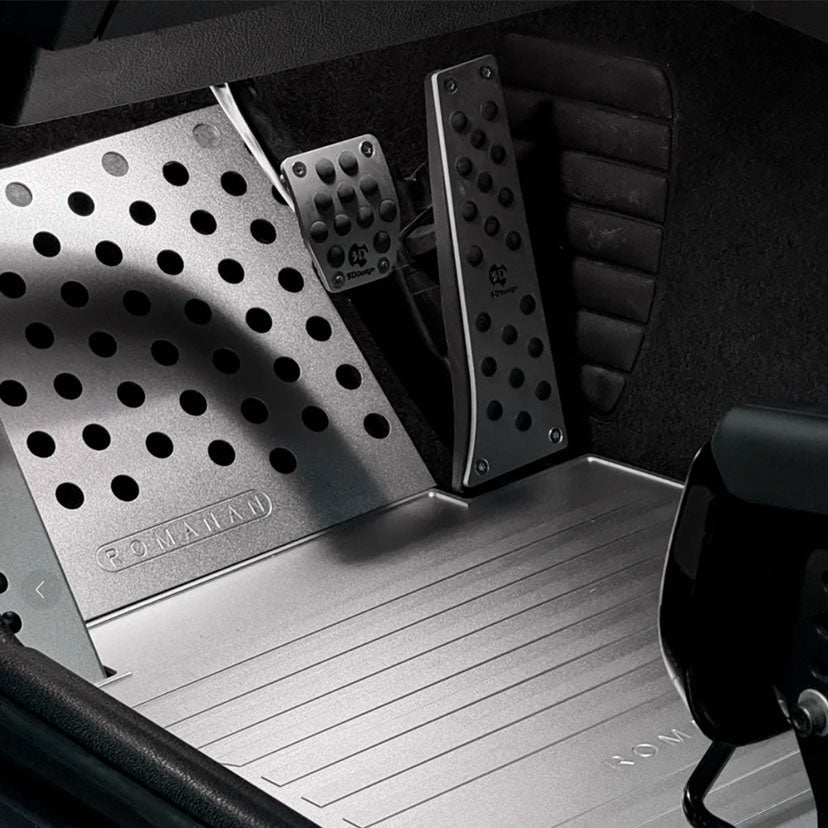
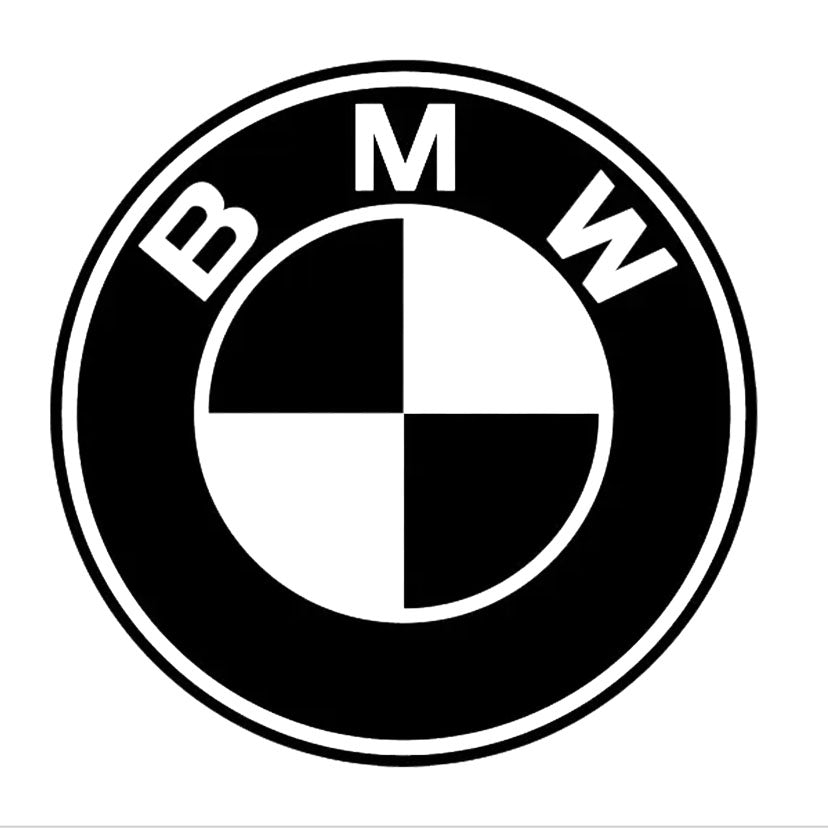

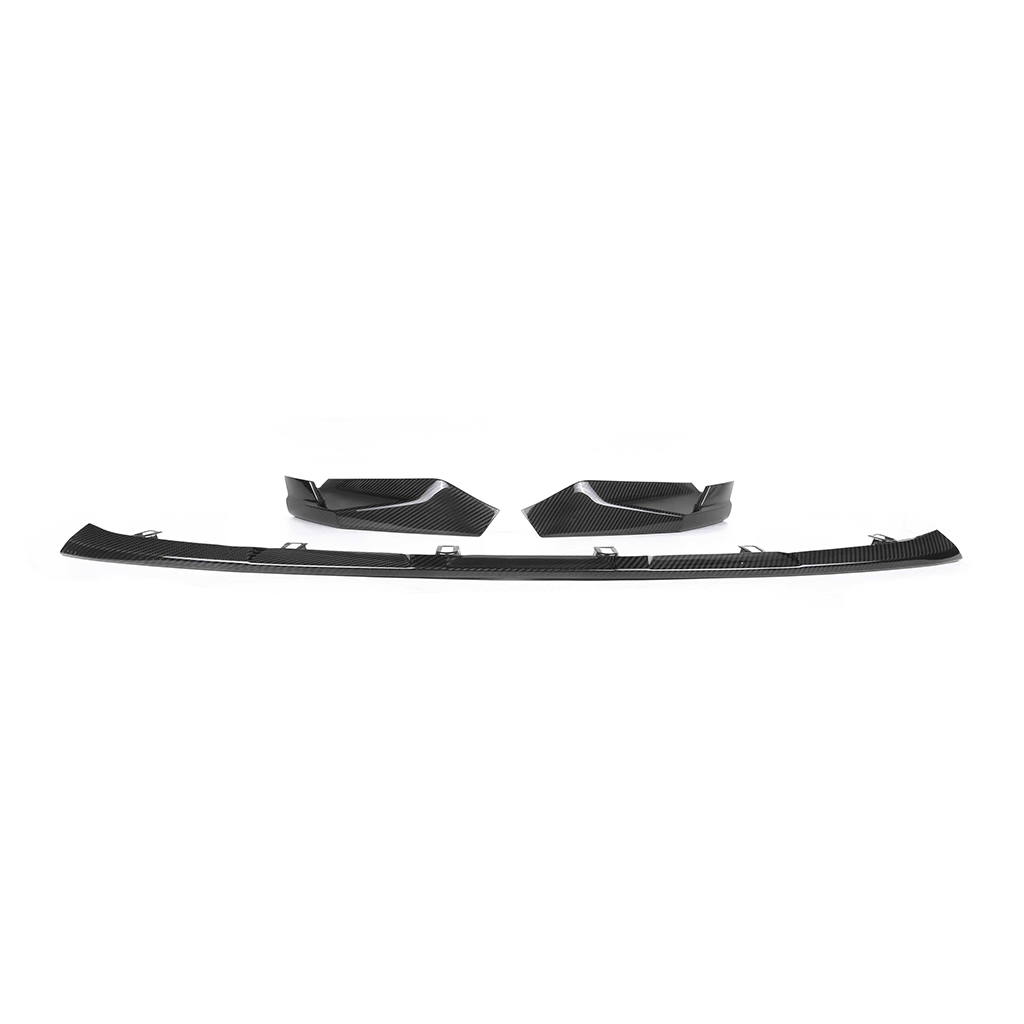
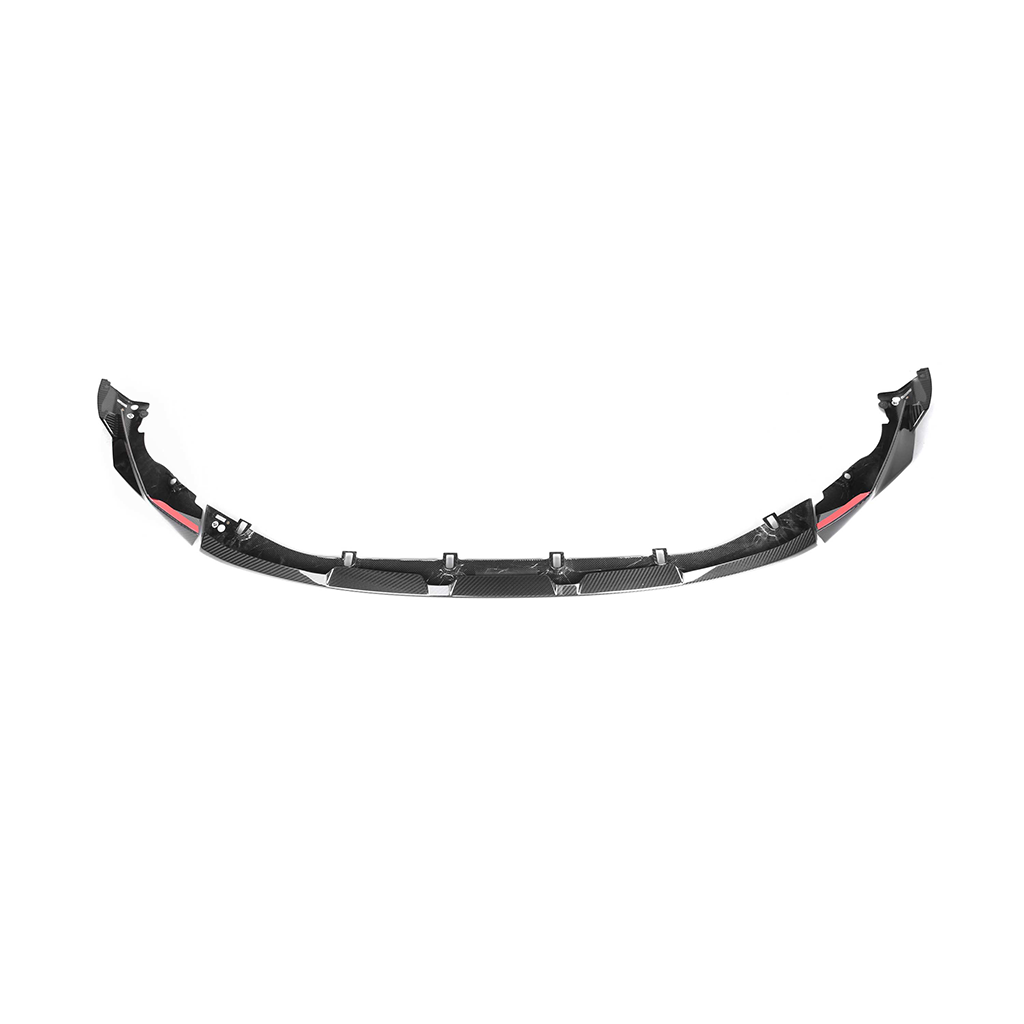
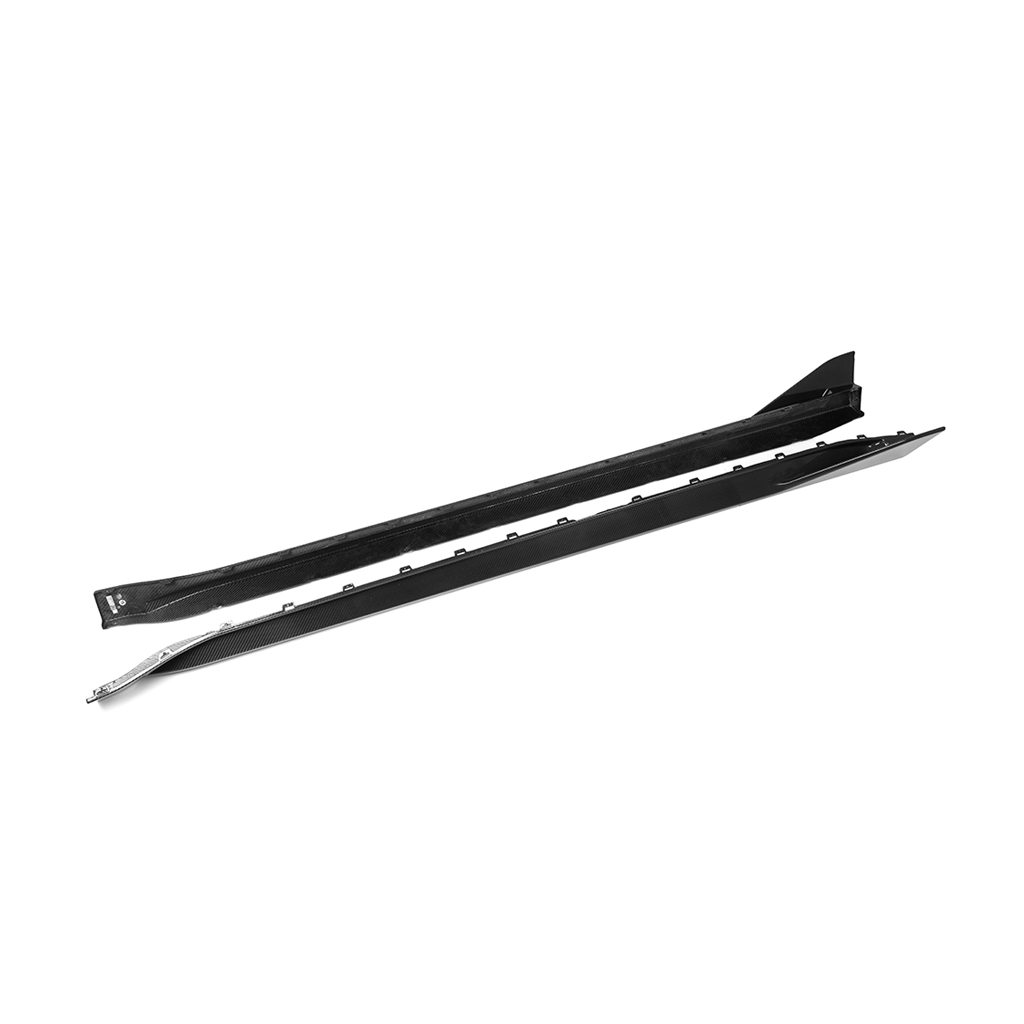
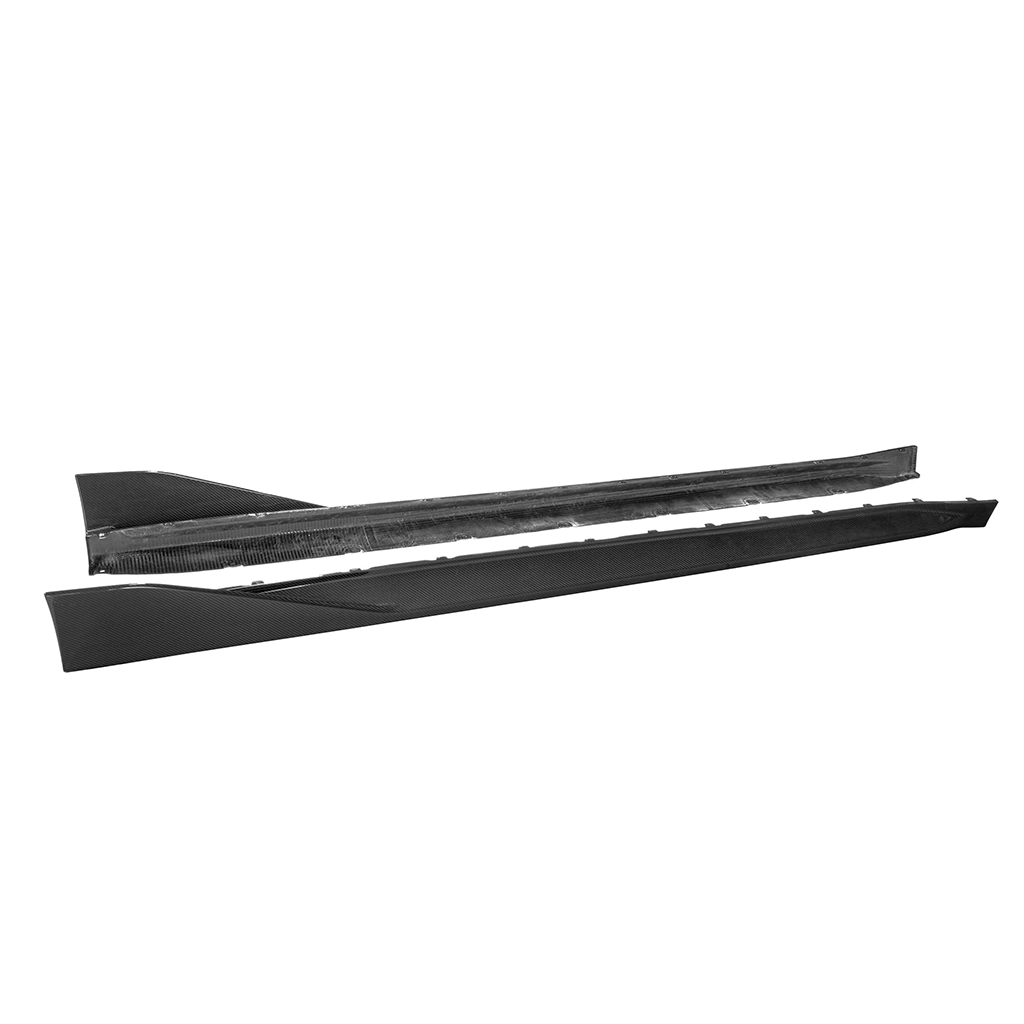
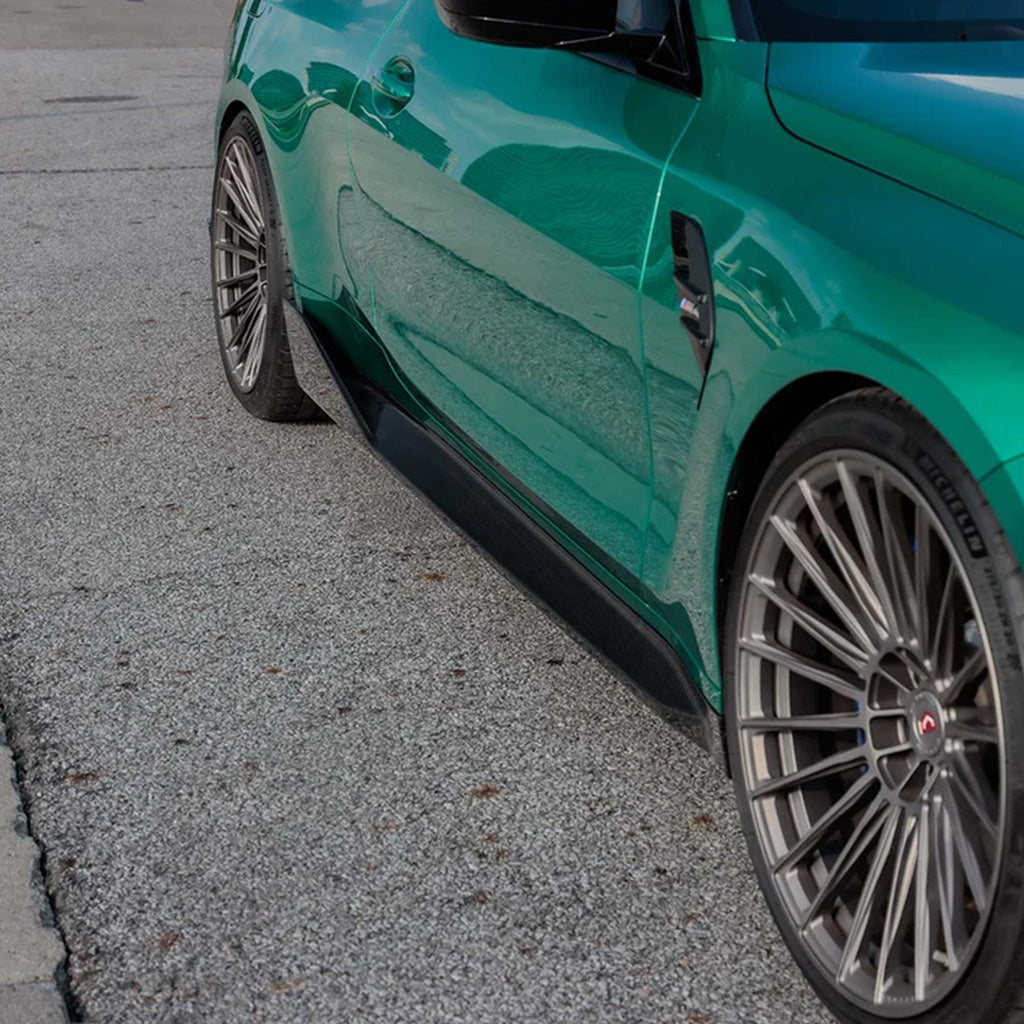



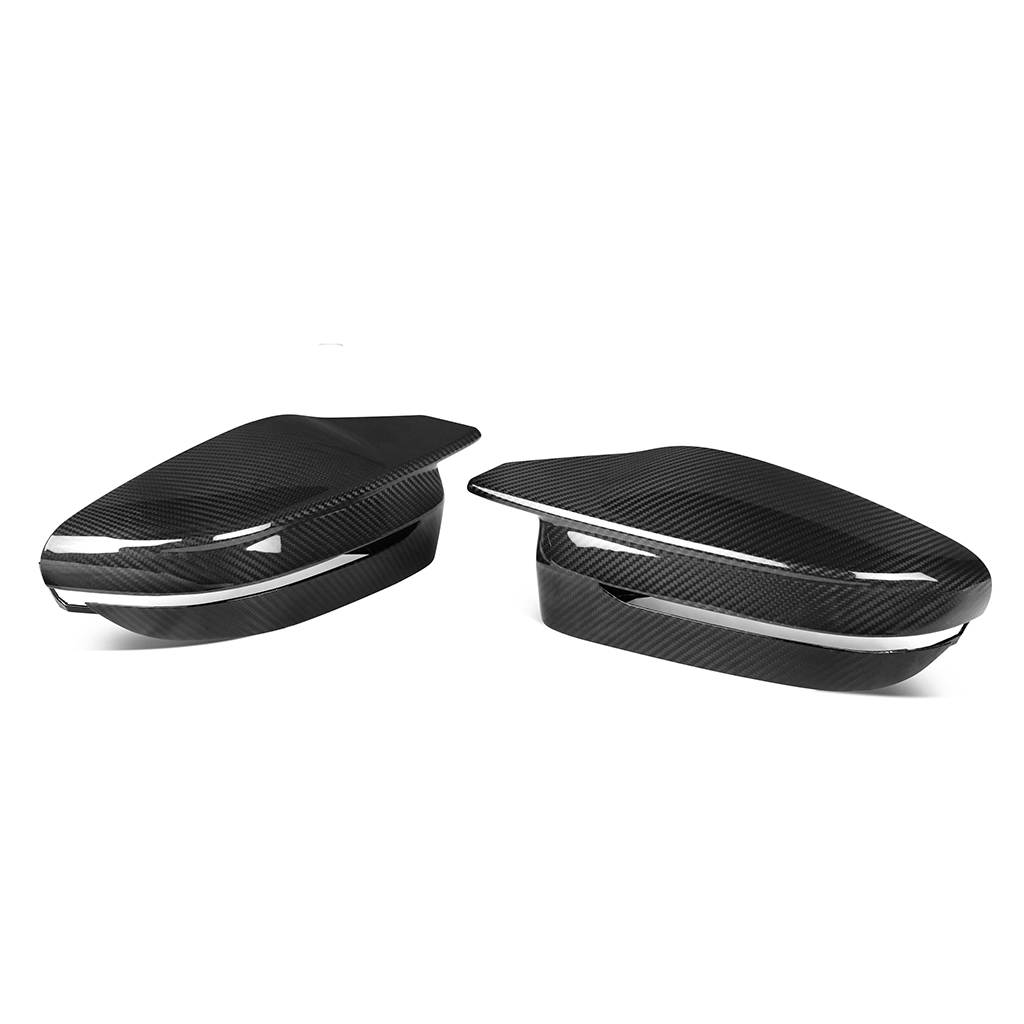
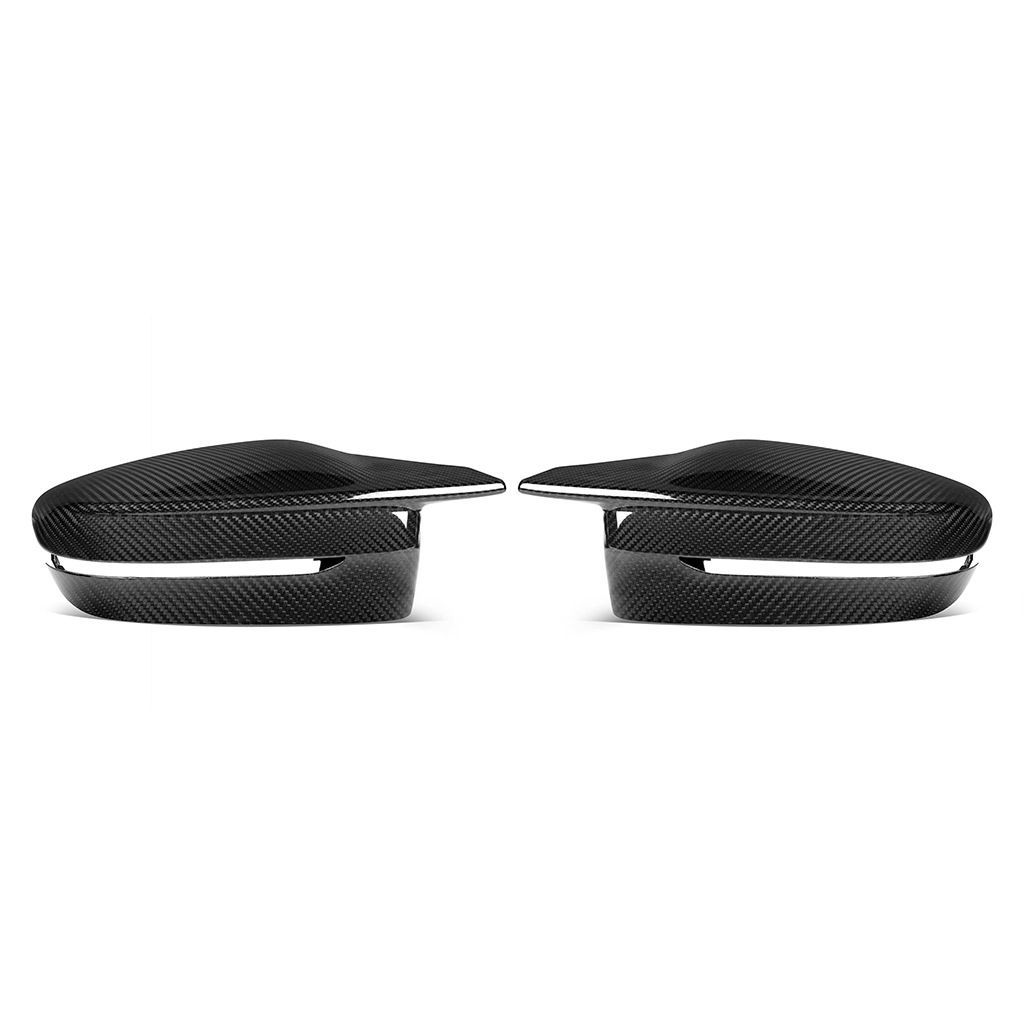
Share:
What Are the Differences Between Positive, Negative, and Zero Offsets
How the BMW B48 Engine Delivers Exceptional Tuning Potential